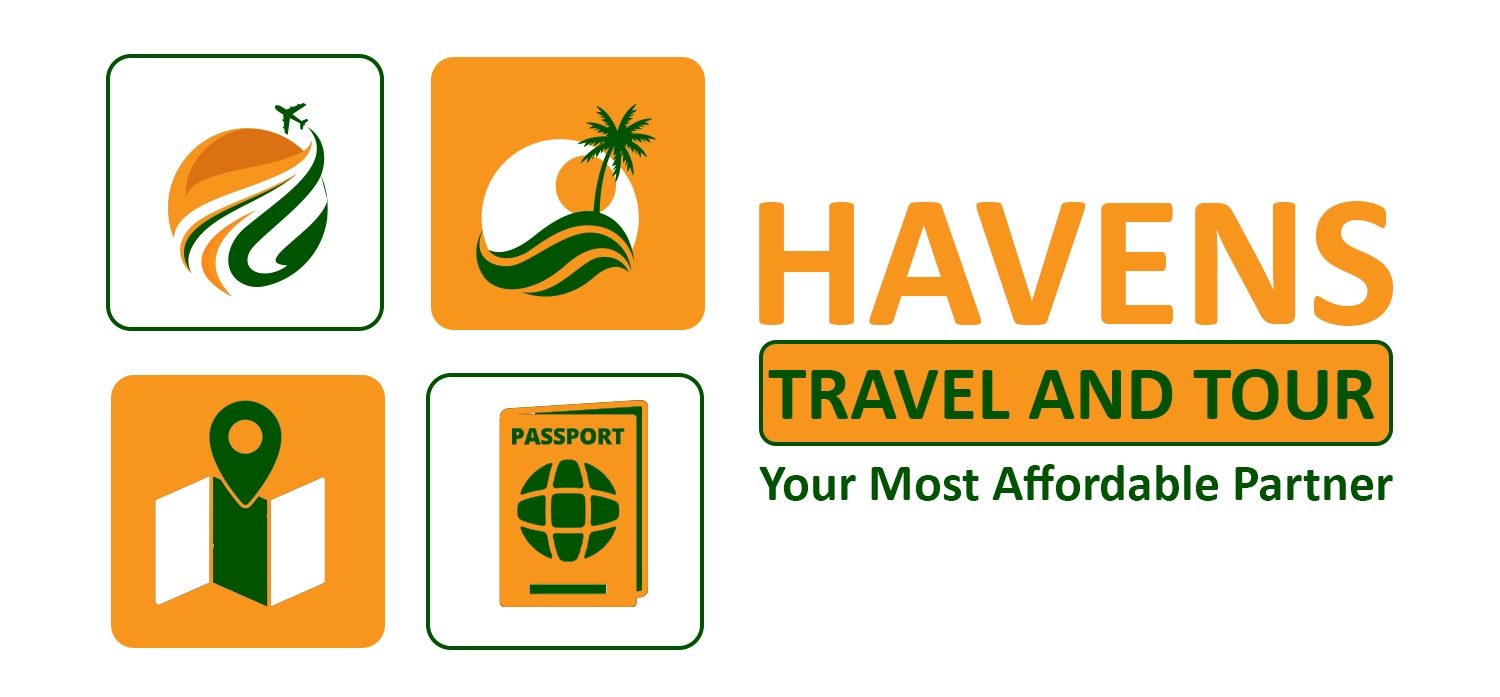Work Permit in Germany for International Students
If you’re an international student in Germany, you’re probably wondering about your options for working during your studies and after graduation. Germany offers a range of opportunities for international students to gain work experience, earn extra money, and even build a career in the country after completing their studies. Here’s everything you need to know about obtaining a work permit as an international student in Germany.
Working While Studying in Germany
International students are allowed to work while they study in Germany, but there are specific rules and restrictions:
Work Hours Limitations:
EU/EEA Students: Students from the European Union (EU) or European Economic Area (EEA) have the same working rights as German students. They can work up to 20 hours per week during the semester without needing a work permit.
Non-EU/EEA Students: Students from outside the EU/EEA can work 120 full days or 240 half days per year. This is usually enough for part-time work, such as a job in a café, bar, or student assistant role at a university.
Types of Work Permitted:
You can take up any part-time job, whether related to your field of study or not. Common jobs include roles in retail, hospitality, research assistantships, or internships.
Work Permits for Internships:
Mandatory Internships: If your study program requires an internship, it won’t count towards the 120-day limit.
Voluntary Internships: If your internship is voluntary and takes place during semester breaks, it will count toward your 120 full or 240 half-day work limit.
Income Tax and Social Security:
Students who work more than 20 hours per week or earn above a certain amount may have to pay income taxes and social security contributions.
Applying for a Work Permit After Graduation
After completing your studies, you have the option to extend your stay in Germany to find a job:
Residence Permit for Job Seekers:
Once you finish your studies, you can apply for an 18-month residence permit to look for a job that corresponds with your qualifications.
During this period, you can work without restrictions to support yourself while job hunting.
Securing a Job in Your Field:
After finding a job that matches your qualifications, you can apply for an EU Blue Card or a regular residence permit for employment. The EU Blue Card is especially advantageous if you have a job offer with a minimum gross salary of €58,400 per year (or €45,552 in shortage occupations like engineering, IT, and medicine).
Applying for the EU Blue Card:
The EU Blue Card offers several benefits, including the possibility of obtaining a settlement permit (permanent residency) after 33 months (or 21 months if you have a B1 level of German).
To qualify, you must have a recognized university degree and a job offer in a field that corresponds with your qualifications.
Permanent Residence (Settlement Permit):
After working in Germany for several years, you may be eligible to apply for a settlement permit (permanent residence). If you hold an EU Blue Card, you can apply after 21 to 33 months, depending on your German language skills.
Steps to Obtain a Work Permit in Germany After Graduation
Complete Your Studies:
Successfully complete your degree program in Germany. Ensure that you have your graduation certificate or proof of course completion.
Apply for a Job-Seeker Visa:
Visit the local Foreigners’ Office (Ausländerbehörde) in the city where you live and apply for an 18-month job-seeker residence permit. Bring necessary documents like your passport, proof of graduation, proof of health insurance, and proof of financial stability.
Search for a Job:
Utilize job portals like Indeed Germany, StepStone, and company websites to find job opportunities. Networking and attending job fairs can also help.
Secure a Job Offer:
Once you receive a job offer in your field, apply for an EU Blue Card or residence permit for employment at the Foreigners’ Office. You’ll need to provide documents such as your employment contract, proof of qualification, and possibly proof of German language proficiency.
Apply for the EU Blue Card or Residence Permit:
Schedule an appointment with the Foreigners’ Office, submit your application, and pay the required fees. The processing time can vary, so apply well before your job-seeker permit expires.
Begin Working in Your New Role:
Once your work permit is approved, you can start your job in Germany. Be sure to maintain your employment status to qualify for permanent residency.
Tips for International Students Seeking Work Permits in Germany
Learn German:
While many jobs in Germany are open to English speakers, proficiency in German significantly enhances your employability and integration.
Stay Informed:
Keep up-to-date with German immigration laws and regulations, as these can change. Regularly check the German Federal Foreign Office for the latest information.
Use University Resources:
Many universities in Germany have career services that offer job listings, resume reviews, and networking events to help students find employment.
Network Actively:
Join professional networks, attend job fairs, and connect with professionals on LinkedIn. Networking can open doors to job opportunities that aren’t advertised.
Be Prepared for Paperwork:
The German bureaucracy can be complex, so ensure you have all the necessary documents organized and ready for any application process.
Need Help Navigating the German Job Market?
At Havens Travel and Tour, we specialize in assisting international students and professionals in finding jobs abroad, including Germany. For personalized guidance and support, contact us at 0808 412 5476 or 0901 136 4479, or email us at inquiries@havenstravelandtour.com. Visit our website to learn more.

